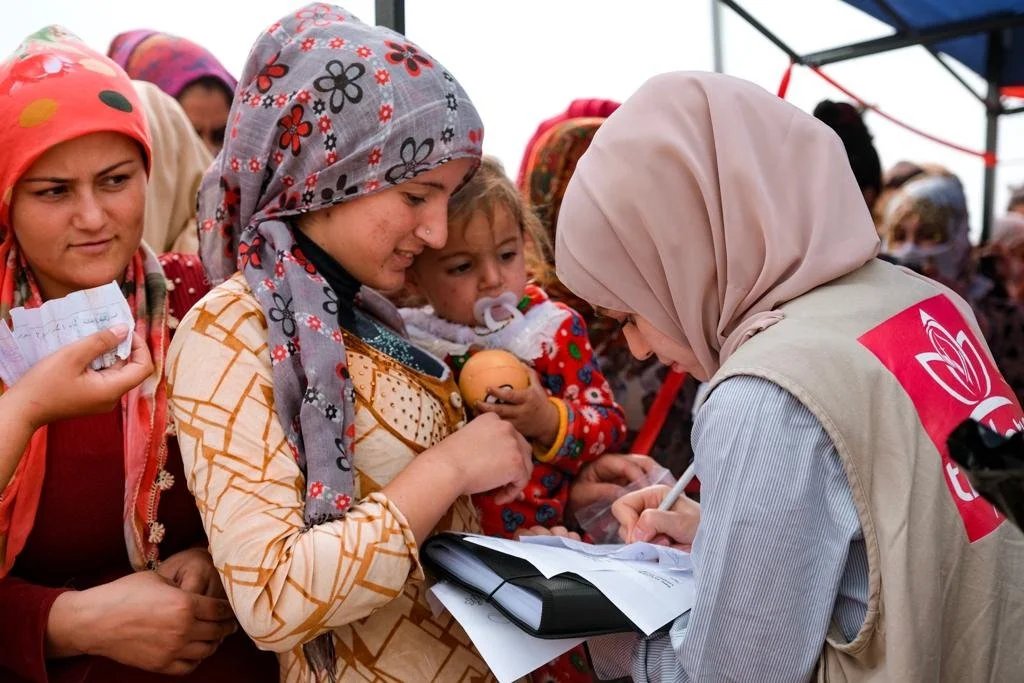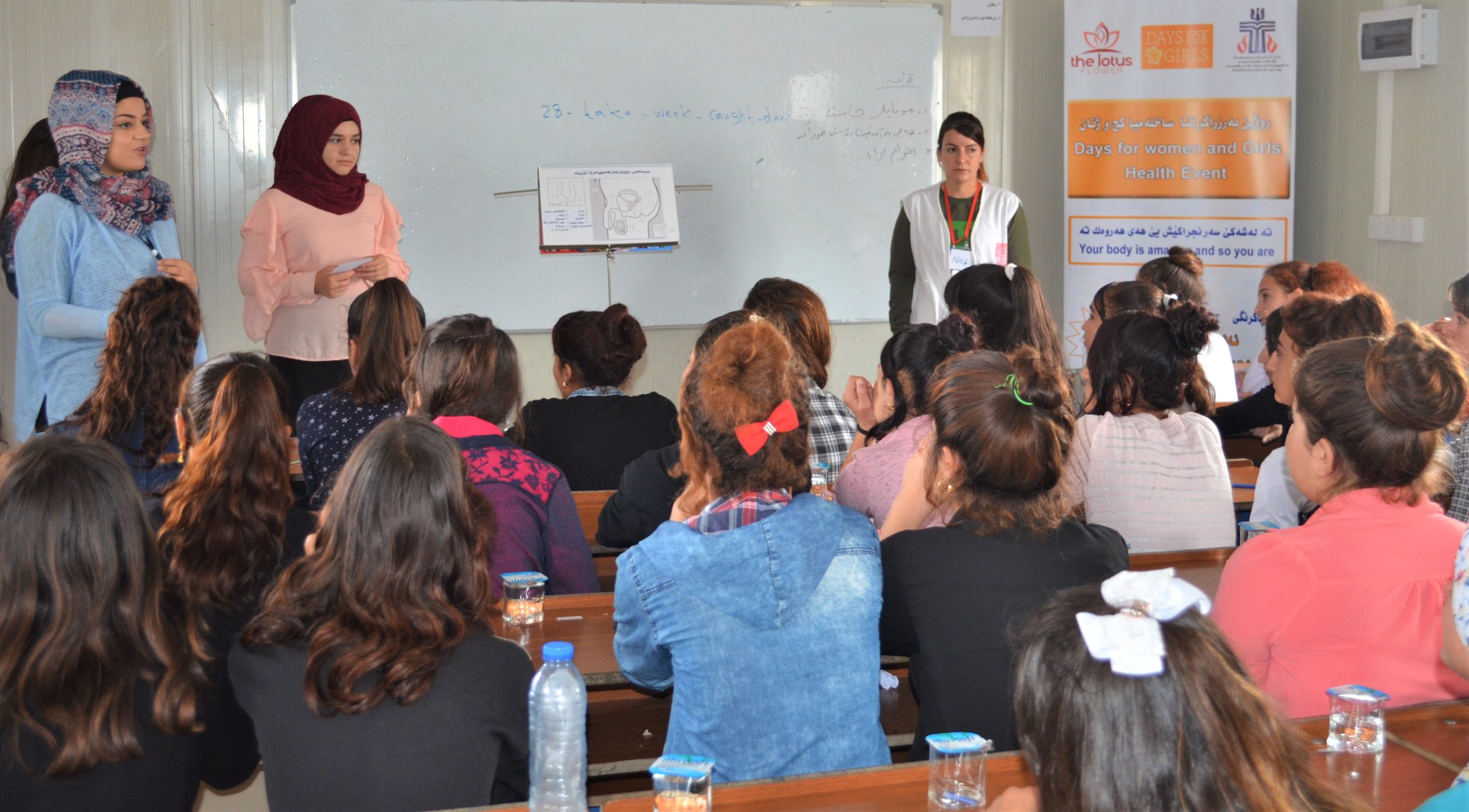
HEALTH & SAFETY
We strive to provide fully integrated support via mental, physical, and sexual health programmes for women and girls.

HEALTH & SAFETY
We strive to provide fully integrated support via mental, physical, and sexual health programmes for women and girls.
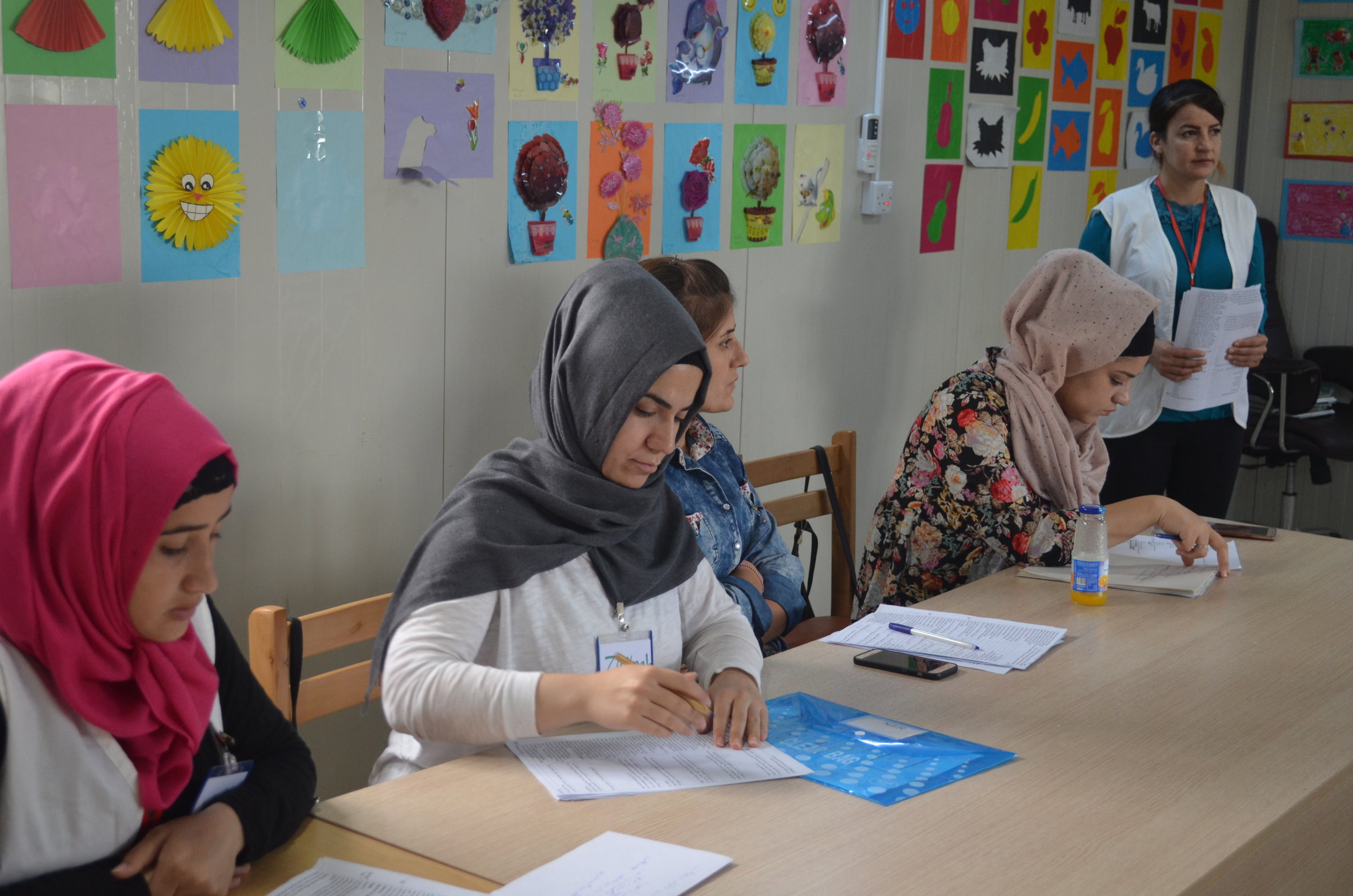
HEALTH & SAFETY
We strive to provide fully integrated support via mental, physical, and sexual health programmes for women and girls.
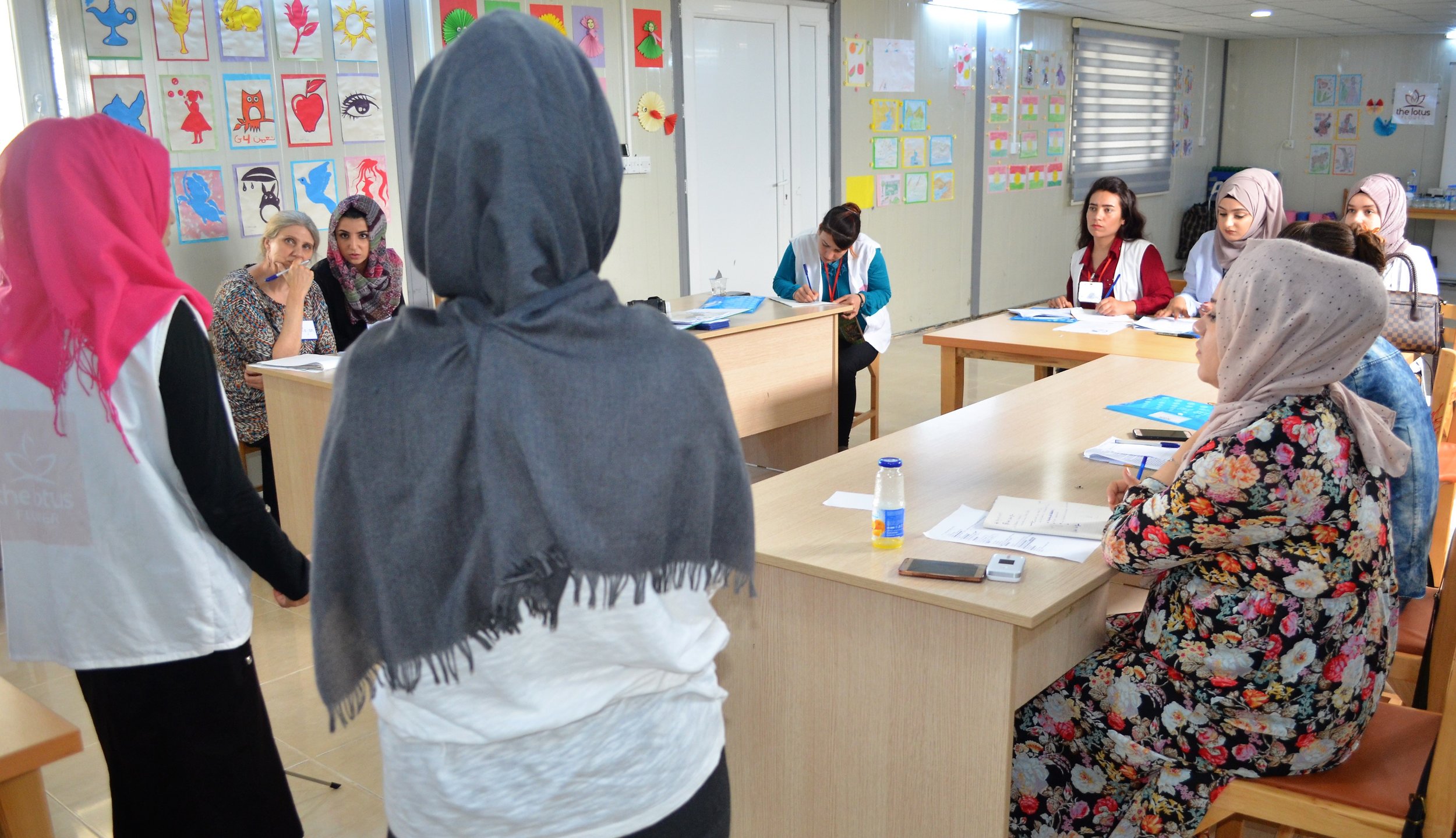
HEALTH & SAFETY
We strive to provide fully integrated support via mental, physical, and sexual health programmes for women and girls.
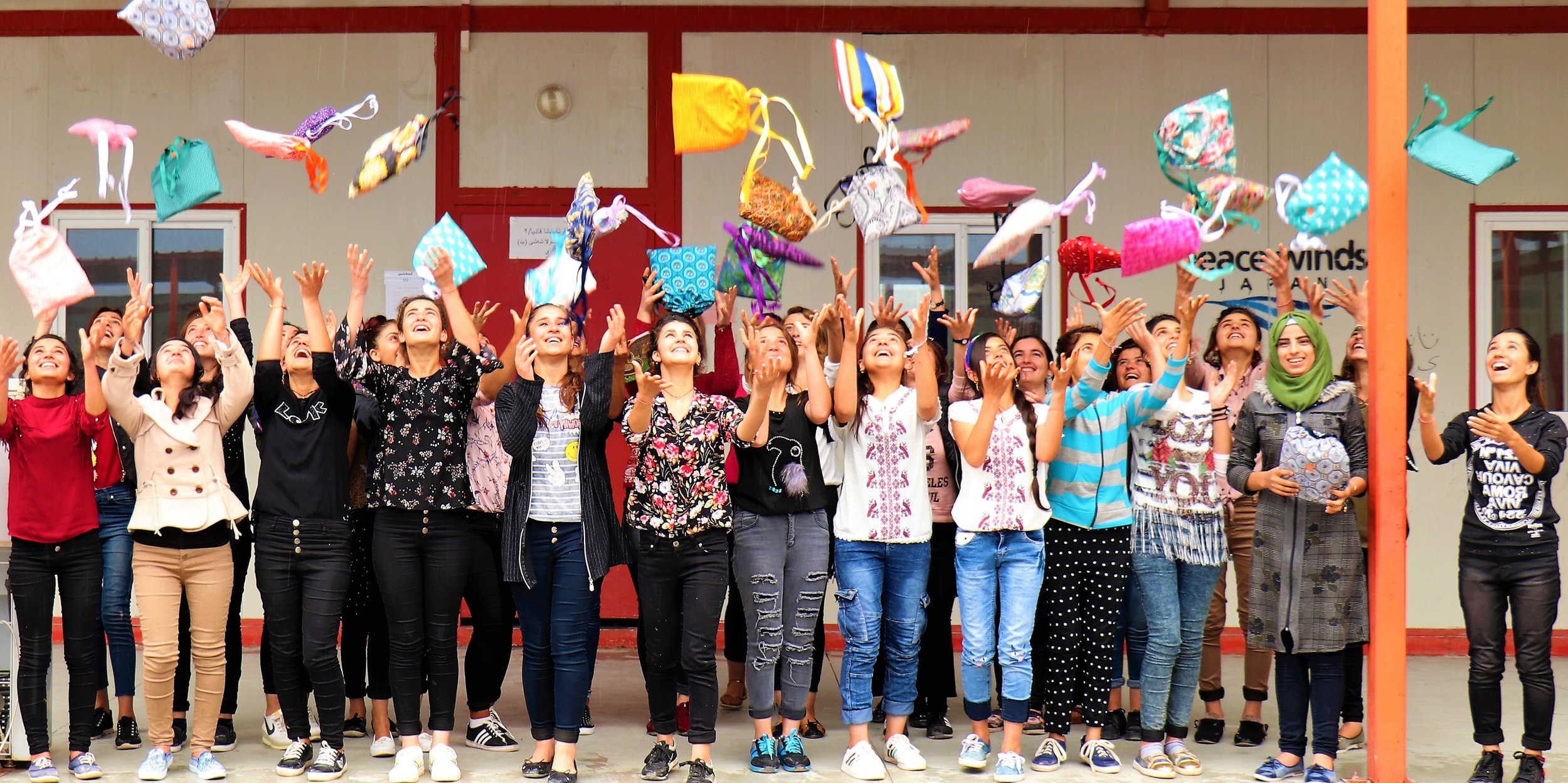
HEALTH & SAFETY
We strive to provide fully integrated support via mental, physical, and sexual health programmes for women and girls.

HEALTH & SAFETY
We strive to provide fully integrated support via mental, physical, and sexual health programmes for women and girls.

HEALTH & SAFETY
We strive to provide fully integrated support via mental, physical, and sexual health programmes for women and girls.

HEALTH & SAFETY
We strive to provide fully integrated support via mental, physical, and sexual health programmes for women and girls.








Health & Safety
Displaced women and girls have poor overall wellbeing, and many have had little or no access to healthcare or health information. Mental health problems continue to soar among displaced and refugee people, and cases of suicide are rising sharply. In addition, rates of depression, anxiety and symptoms of post-traumatic stress disorder are at least three times higher within displaced communities than in the wider population. For this reason, mental health counselling and therapy with trained psychologists play a key part in our programming, with our centres offering individual and peer-to-peer support.
We also provide awareness sessions offering vital information on topics such as hygiene and reproductive health, as well as first aid. And with so many women and girls still struggling with long-term uncertainty and distress, activities in our centres are designed to help them heal collectively from past trauma, with yoga, meditation and boxing classes all taking place regularly. Cultural and social sensitivities are always carefully considered.
LEARN MORE ABOUT OUR Health & Safety programmes >
Our Child Protection project is in partnership with UNHCR sees us working to protect vulnerable children from violence, abuse, exploitation and discrimination, while providing them with access to necessary support services, and enhancing their social and emotional wellbeing.
Activities include games and sports, art, music and singing, as well as non-formal educational classes in English language.
Our Boxing Sisters project was originally set up with the help of Cathy Brown, a retired professional British boxer and certified Cognitive Behaviour Therapist. Inspired by Cathy, the boxing and self-defence taught by our trainers teaches girls about strategy and focus, relieves stress and increases their confidence as well as physical strength. By learning self-defence techniques, women and girls feel more secure knowing that they can protect themselves.
We offer a variety of programming to support mental health including awareness sessions, group discussions, art therapy (painting and knitting), community outreach and home visits. Topics include SGBV prevention, domestic violence, emotional abuse, prevention of early marriage, women’s rights.
We worked with Khaima to implement a pioneering project aimed at supporting men and boy Syrian refugees who have been badly impacted by conflict and displacement. The programme was designed to foster healing through the sharing of past ordeals and mental health therapy, as well as providing educational and holistic activities to encourage self-expression and the processing of feelings through art, music and poetry.
The Lotus Flower collaborates with partners including Operation Hope Australia, the Presbyterian Church and Days for Girls, in order to provide and promote sustainable solutions for female menstrual health. We implement menstrual health for girls aged between 12-16, who are currently living in the internally-displaced camps within Kurdistan.
As part of our holistic programming and broader approach to improving women and girls’ mental health, we offer a range of creative classes which are designed to foster healing and self-care. These include music classes, art therapy and craft groups – which include skills such as knitting, accessory-making, beading and sewing.
Our centres host first aid classes in conjunction with local healthcare organisations – such as the Rwanga Community hospital. Basic first aid skills are demonstrated and then practiced by the participants so that they can use these skills in their daily lives and within the community.
Our centres offer regular yoga and meditation classes for women and girls, in which they are taught how to incorporate these exercises into their daily lives to help them heal physically and mentally.
Our project provides mental health support for youths and their families, in groups and individually, with our trained psychologists, and enables them to participate in activities that build their self-confidence and reduce suicidal feelings. Participants are also encouraged to practice music, art and yoga to combat negative thoughts.
Our teams provide door-to-door outreach services for families and community members – many of whom are physically unable to leave their accommodation or travel to our centres. The outreach covers all kinds of essential topics – including first aid measures in conjunction with local healthcare organisations, as well as family planning for women, gender-based violence, sexual abuse and exploitation and human trafficking.









